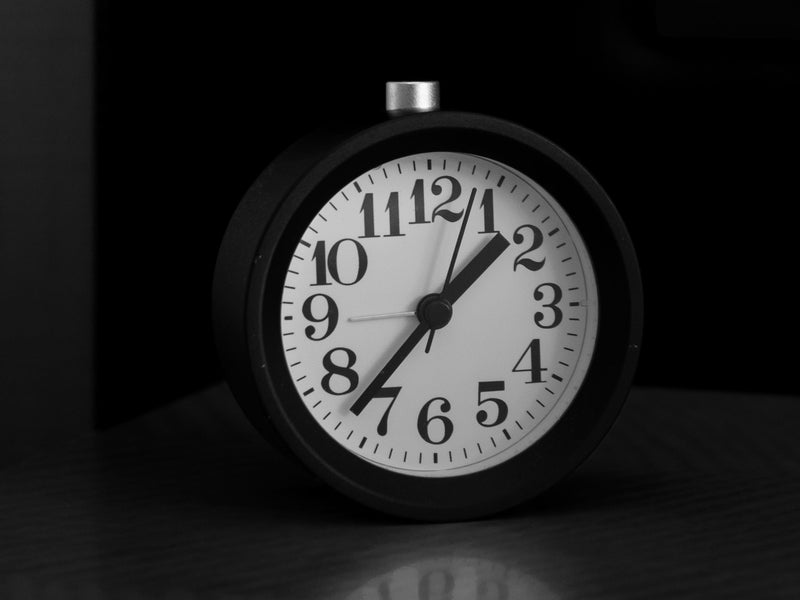OK, let’s get personal for a second. Come with us to the bathroom, ok? Do you have to go?
Real talk: Your digestion, stomach and urinary situation may be shifting after 40 or 45.
While we associate hormonal changes with all things period—and yes, those things can and do change—there are a host of other restroom-related issues we wish someone had warned us about.
So square a square and see if you can relate to any of these changes which likely have a hormonal component:
You really need to pee. Like, NOW.*
You suddenly go from zero to “where’s the nearest ladies room” without warning. A sudden urgency to urinate may now seemingly come out of nowhere. This is due to a weakening of your bladder and pelvic floor muscles. Kegels, anyone?
*See also: You really need to pee. Like, frequently.
Are you experiencing a bit of leakage during the laughing/sneezing/mini-tramp at the gym? And this may be happening even though you never gave vaginal birth and weren’t warned about this.
All related to the above hormonal changes, which can create mild incontinence. Sorry.
Your digestion’s gone haywire.
Gas, slower constipation or a more sensitive stomach are all common side effects of hormonal shifts. Why? Estrogen and increased stress levels affect the gut flora, so your microbiome can change. Start on a good probiotic and eat more fermented foods (yogurt, kefir, kimchi, sauerkraut, etc) while cutting back on highly processed or sugary foods.
You are getting UTIs. Possibly more than you are having actual sex.
Perhaps once seen only as a consequence of vaginal intercourse followed by falling right to sleep, UTIs may now become more frequent.
What can you do?
Of course, we recommend consulting your health care provider about what’s happening physically. You may also consider adding hormonal support to your daily routine. Wile Perimenopause Support helps you find and maintain baseline for those systems that are otherwise in constant flux in midlife:
- Adrenal system
- Nervous system
- Endocrine system
Our studies show changes in mood, energy, sleep and hormonal fluctuations in 2 to 3 weeks, with benefits building after that.
This article is intended for informational purposes and is not intended to replace a one-on-one medical consultation with a professional. Wile, Inc researches and shares information and advice from our own research and advisors. We encourage every woman to research, ask questions and speak to a trusted health care professional to make her own best decisions.




